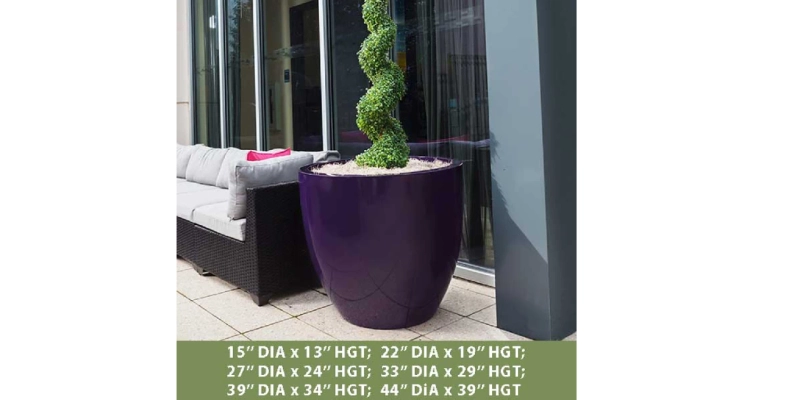For most people, the idea of growing a garden is synonymous with having a home in the suburbs with a big backyard. However, it is possible to grow a garden in the city. There are many Project Green initiatives across the country that are working to make urban areas more green and livable.
You can start one in your own home. One of the benefits of growing a garden in the city is that it can help to improve the quality of the air. Trees and plants can purify the air and make it healthier for us to breathe. In addition, gardens can help to reduce noise pollution and provide a space for people to relax and escape the hustle and bustle of city life.
If you are interested in growing a garden in the city, you need to choose a sunny spot with good drainage. This means that even if the soil isn’t that good, your plants will have a better chance of growing.
Then you need to select the right plants. Trees and shrubs are a good option as they don’t require a lot of maintenance. But if you have soil issues, you might need to buy tree planters and plant boxes.
Finally, you need to have an understanding of what can make or break your secret garden in the city.
Urban Horticulture in Limited Spaces
Urban horticulture is the practice of growing plants and trees in urban environments. This can be done in a variety of ways, such as in community gardens, on rooftops, or in vertical gardens. Urban horticulture has many benefits, such as beautifying the cityscape, improving air quality, and providing fresh produce to city dwellers.
Despite these benefits, urban horticulture can be challenging. Because space is limited in cities, it can be difficult to find places to grow plants. And, in some cases, the soils in cities are not ideal for plant growth. However, with proper planning and care, urban horticulture can be a successful and rewarding endeavor.
The Limitations of Space
If you're limited on space but still want to grow a garden, there are plenty of options available to you. Vertical gardens, hanging gardens, and getting tree planters and window boxes are all great ways to grow plants in urban areas. You can also grow plants in containers on your balcony or patio.
If you have a small yard, you can still grow a variety of plants and vegetables. Just be sure to choose plants that don't require a lot of space. Radishes, for example, only need a few inches of space to grow. Herbs and lettuce can also be grown in small spaces.
Living Sustainably in the City
If you live in the city, you may think it's impossible to live a green and sustainable life. But you can - if you have a garden. Gardening is a great way to reduce your carbon footprint, as well as your reliance on fossil fuels. Plus, it's a great way to get exercise and enjoy the outdoors.
Of course, not everyone has the space for a garden. But if you do, you can use it to grow your own food, which will save you money and help you eat healthier. You can also use your garden to compost, which will reduce your waste and help the environment.
So if you're looking for a way to live a more sustainable life, consider building your small, secret garden in the city. It's good for you, good for the planet, and it can be a lot of fun.
For more information about large rectangular planters and modern outdoor planter Please Visit : Greentec Innovations, Inc.


